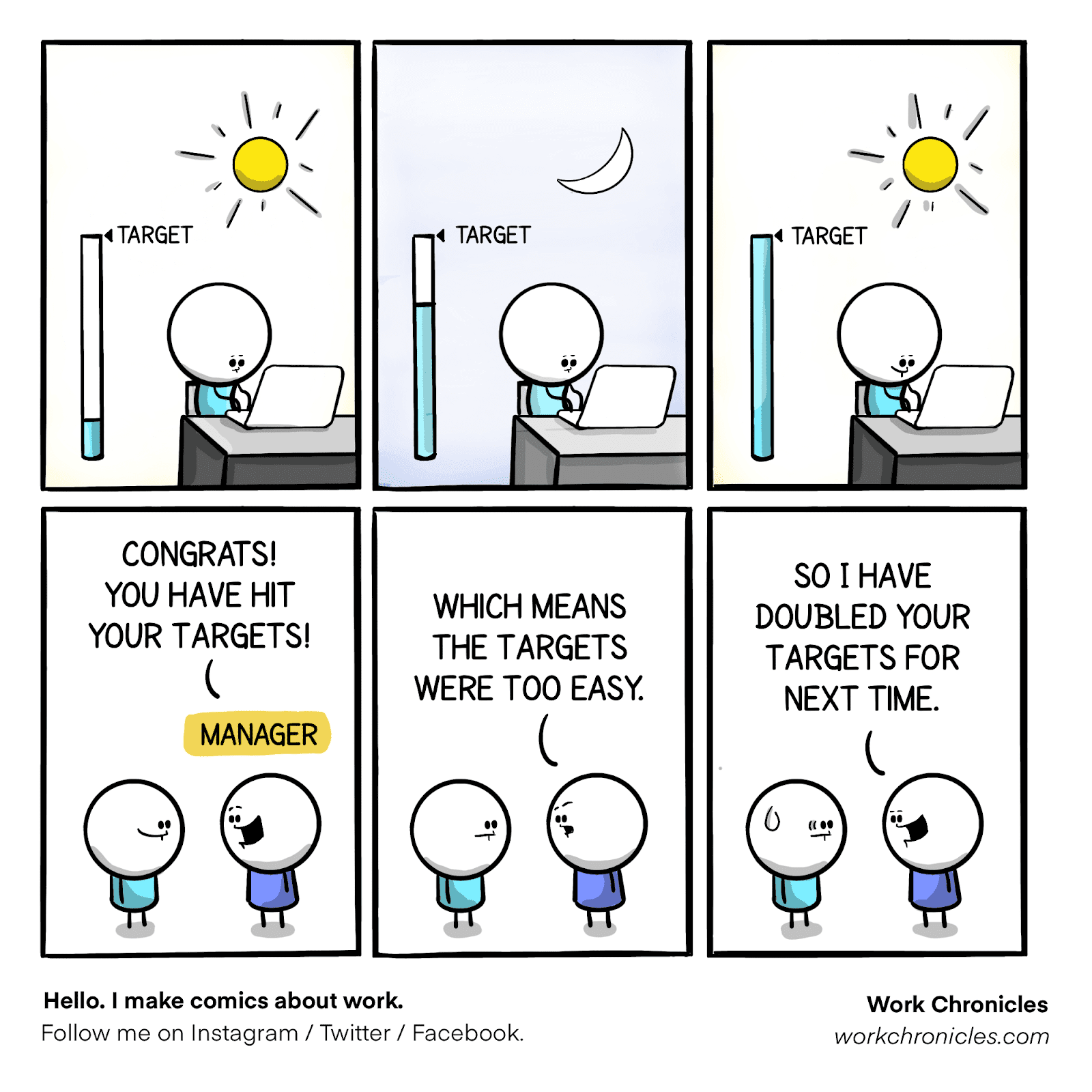Pinsker: And yet people frequently postpone their time-intensive passion projects, like, say, working on a novel, because they have this sense that they’ll get around to them eventually. Psychologically, what gets in the way of us doing big things that we care about?
Burkeman: We all feel overwhelmed by lots of little stuff we feel we have to do, and we have these big things that we’d like to do. But to do them, it feels like you need long stretches of focus when all the other little stuff is out of the way—it feels like it would be selling the project short to try beginning to write your novel in 20 minutes on a subway commute, for example. So instead, you decide to go through your email and deal with other outstanding things—but for the reasons we’ve discussed, the time never comes when you clear all that [out of the way].
If I’m working on a difficult article, it’s not like I’m really happy doing it but Twitter comes and takes me away from it. Instead, I run away to Twitter because the article is challenging me and causing me to experience uncomfortable emotions, and Twitter promises the opposite.
So I think the reason that we seek distraction is that working on stuff that we care about is often scary. It brings us into contact with all the ways in which we’re limited—our talents might not be up to what we’re trying to do, and we can’t control how things will unfold. If you’re writing a difficult article, you don’t get to know in advance that it’s going to come out well, which can make you feel constrained and imprisoned by reality. Meanwhile, the internet feels limitless, like you’re an all-powerful consciousness surfing the unlimited waves of the web and social media. It’s very relieving.
Joe Pinsker
Short article, but the advice is sound and realistic – maybe that’s what makes it ‘depressing’ for the person who wrote the title: the key to better time management is not becoming more efficient at getting tasks done, but instead selecting which projects are personally important and prioritizing these over more pressing, but ultimately less rewarding things. Accept that time is in fact limited, and work within those constraints, not struggle fruitlessly against them.

Oliver Burkeman: They work in the sense that you’ll process more incoming inputs, but we’re living in a world with effectively infinite inputs—emails you could receive, demands that could be made of you, or ambitions that you could have. Getting better at moving through them is not going to get you to the end of them, so the promise of reaching a point at which you feel on top of everything is flawed on a math basis from the beginning.
And the more efficient you get, the more inputs you attract. If you get really good at processing email, you’ll get more email because you get a reputation for being responsive on email. The same idea applies elsewhere: If your reputation in the office is that you’re good at getting through work fast, you’re given more things to do.
Post a Comment